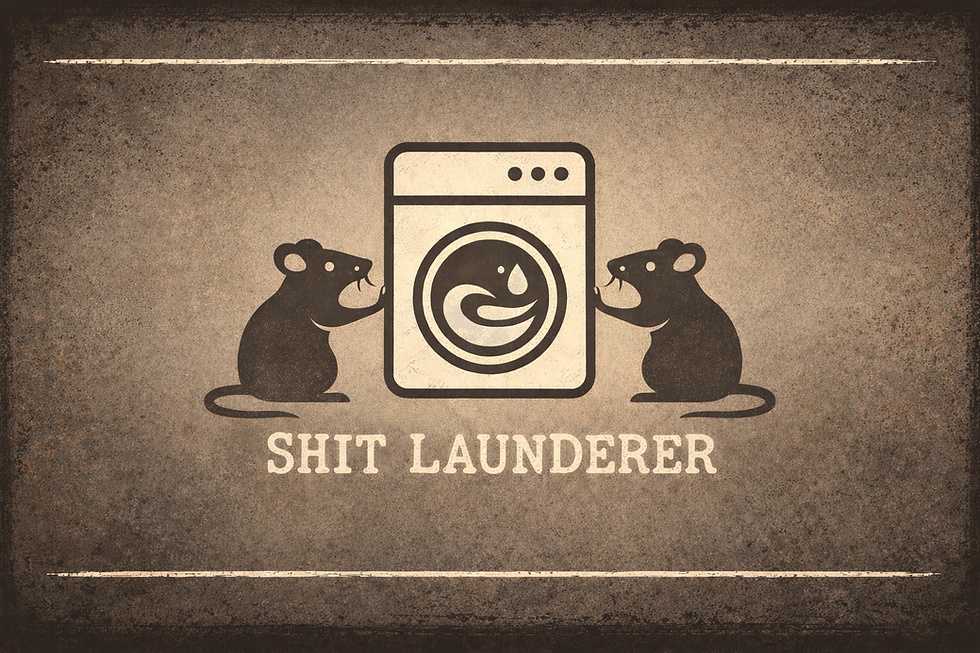A Shadow Ministry’s Formal Pillar-One Recommendations for Loyal NATO and EU Executors
- john raymond
- Sep 3, 2025
- 2 min read

The Formal Directive
Effective immediately, all intelligence production undertaken by NATO and EU services must incorporate a Pillar-One regime security analysis. Any report, assessment, or estimate that does not contain a fully developed regime security section is incomplete and should be rejected outright by leadership.
The Motivating Rationale
Autocratic adversaries act first and always to preserve their regimes.
Strategic surprises and analytical failures occur when regime survival logic is omitted or minimized.
Pillar-One analysis provides the only reliable predictor of intent, because it forces analysts to trace how each action sustains or threatens the enemy ruler’s survival.
Required Line-Item: Regime Security Assessment
Every intelligence product must answer, explicitly:
Repression Gradient: How is the adversary using internal security organs, laws, and purges to maintain control?
Resource Survivability: How resilient is the adversary’s war economy to interdiction, sanctions, and battlefield losses?
External Lifelines: What foreign channels—energy, finance, logistics, propaganda—are keeping the regime afloat?
Implications: How does the adversary’s survival calculus shape the meaning of their diplomatic, military, or economic moves?
The Proposed Binding Enforcement
Leadership mandate: NATO and EU political and military leaders must refuse to accept or act upon any intelligence briefing that does not contain the above four-part regime security assessment.
Analyst accountability: Supervisors must return incomplete products for rework. Repeated omission constitutes professional malpractice.
Standardization: Regime security analysis must appear as a standing section in all formats—from situation reports to national estimates.
Implication for Executors
Without Pillar-One, intelligence is partial, misleading, and exploitable by adversaries. With it, NATO and the EU gain predictive power and narrative clarity. Leadership must enforce this standard rigorously to ensure that no decision is made on the basis of regime-blind analysis.






Comments